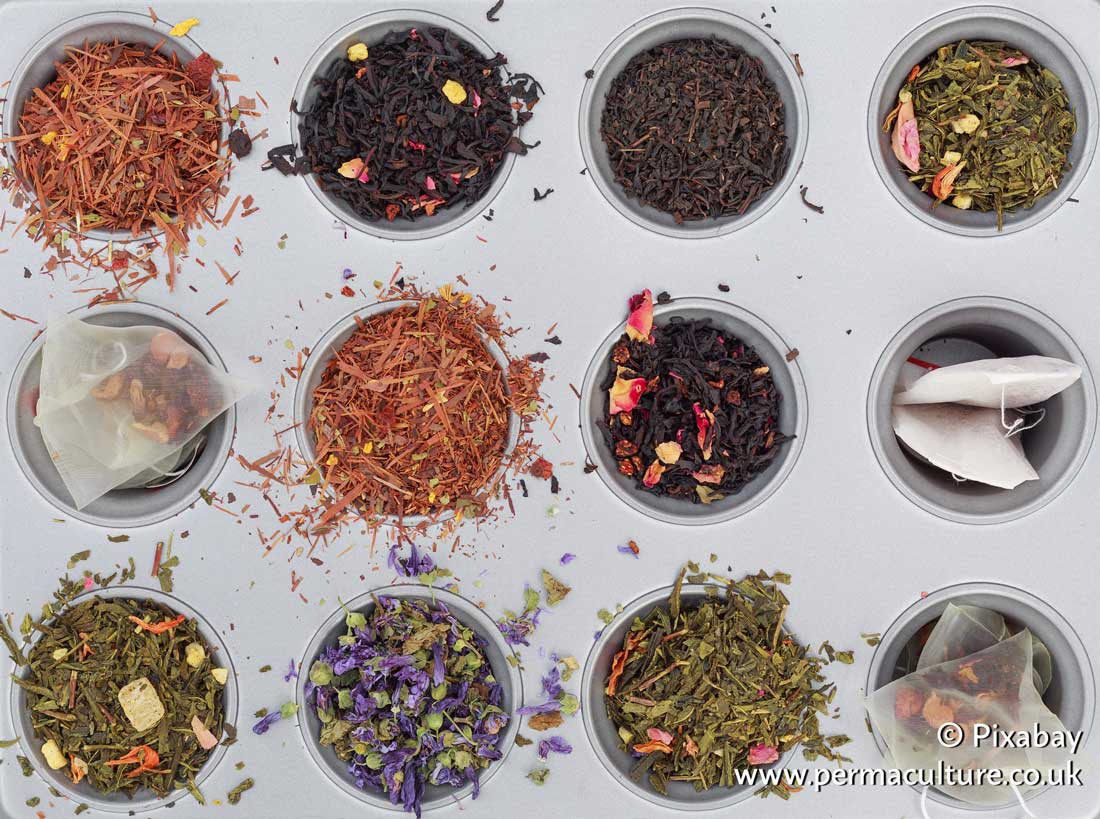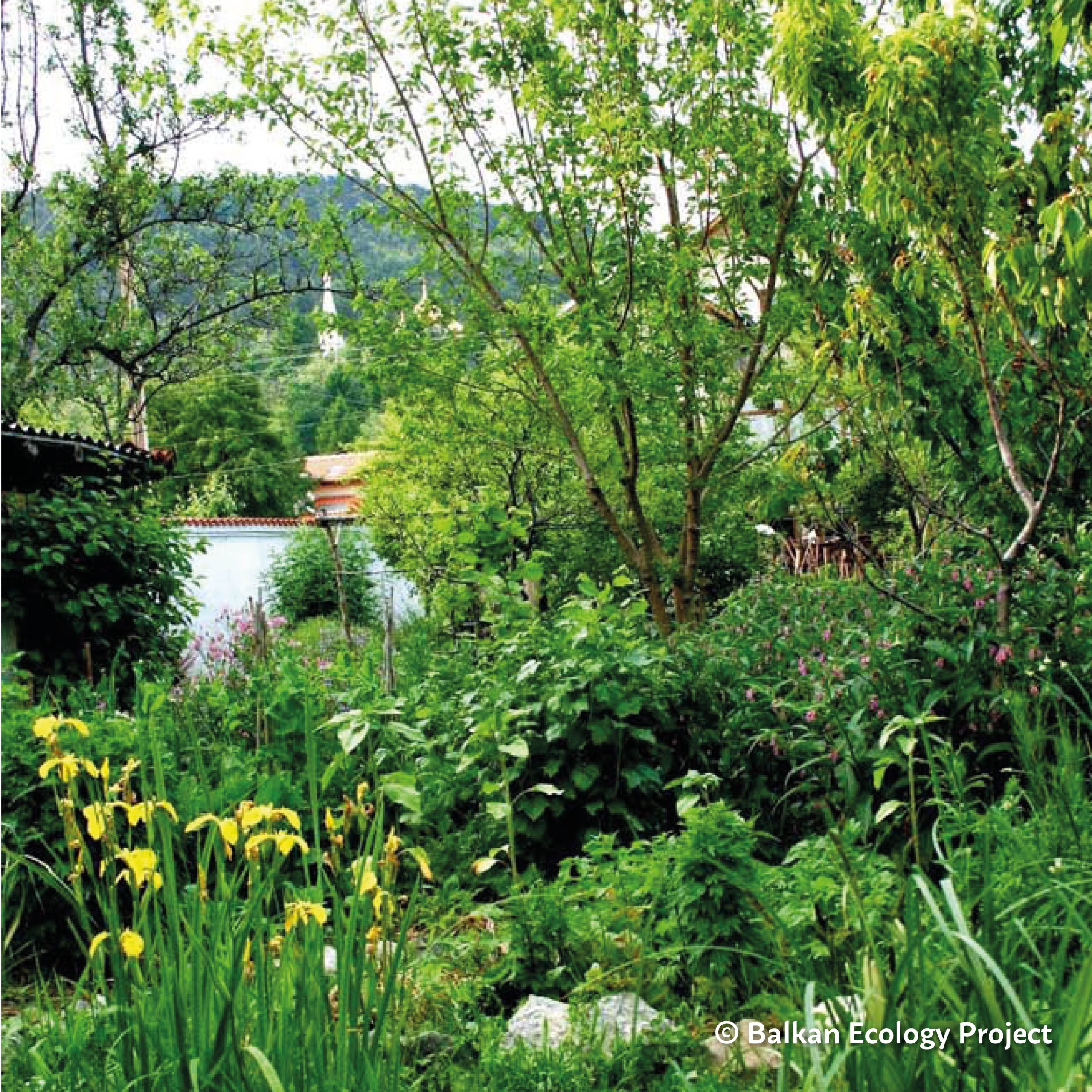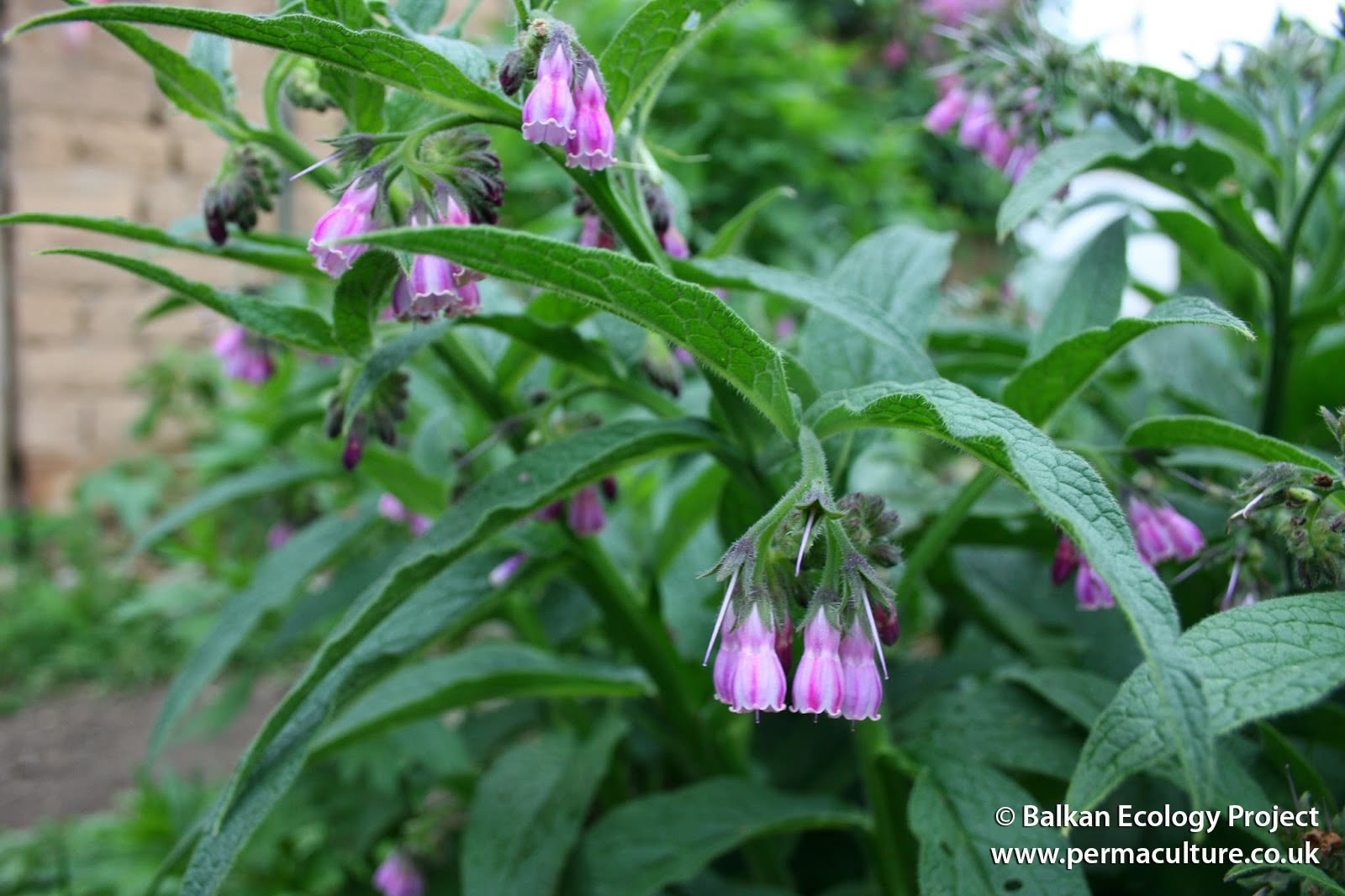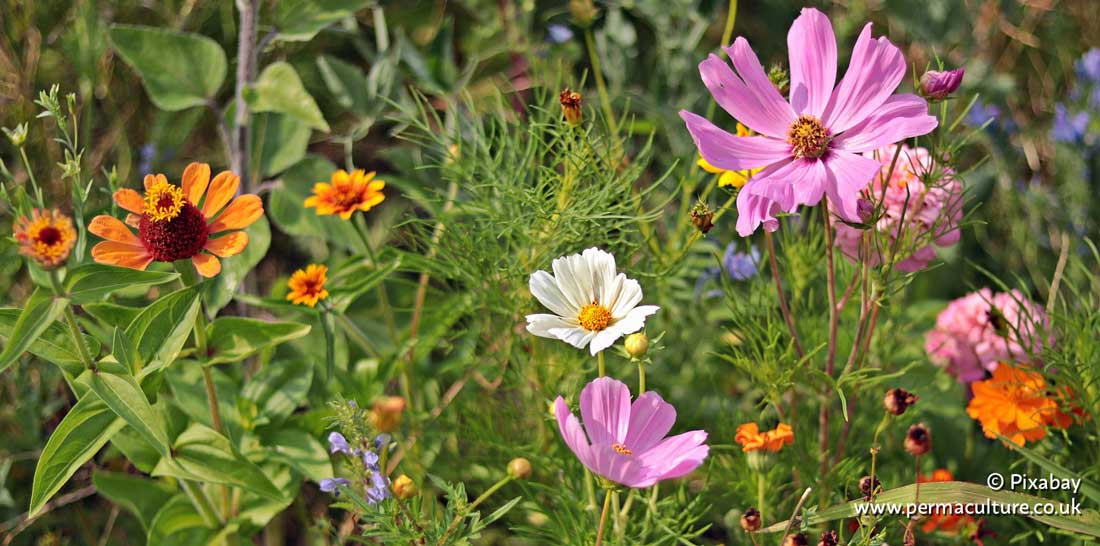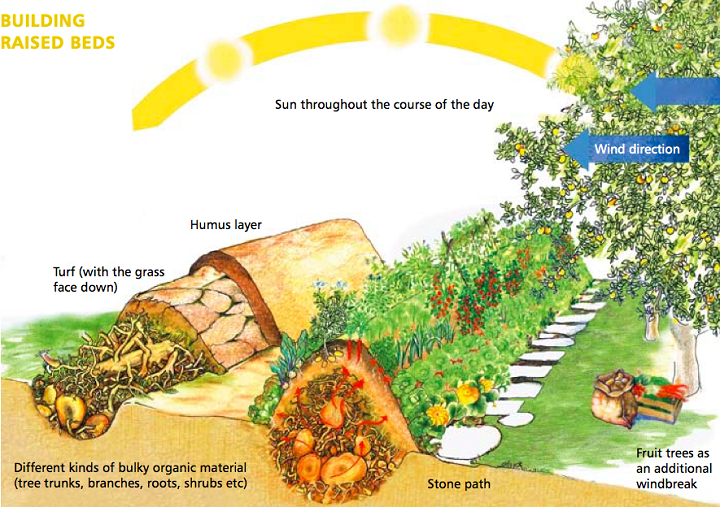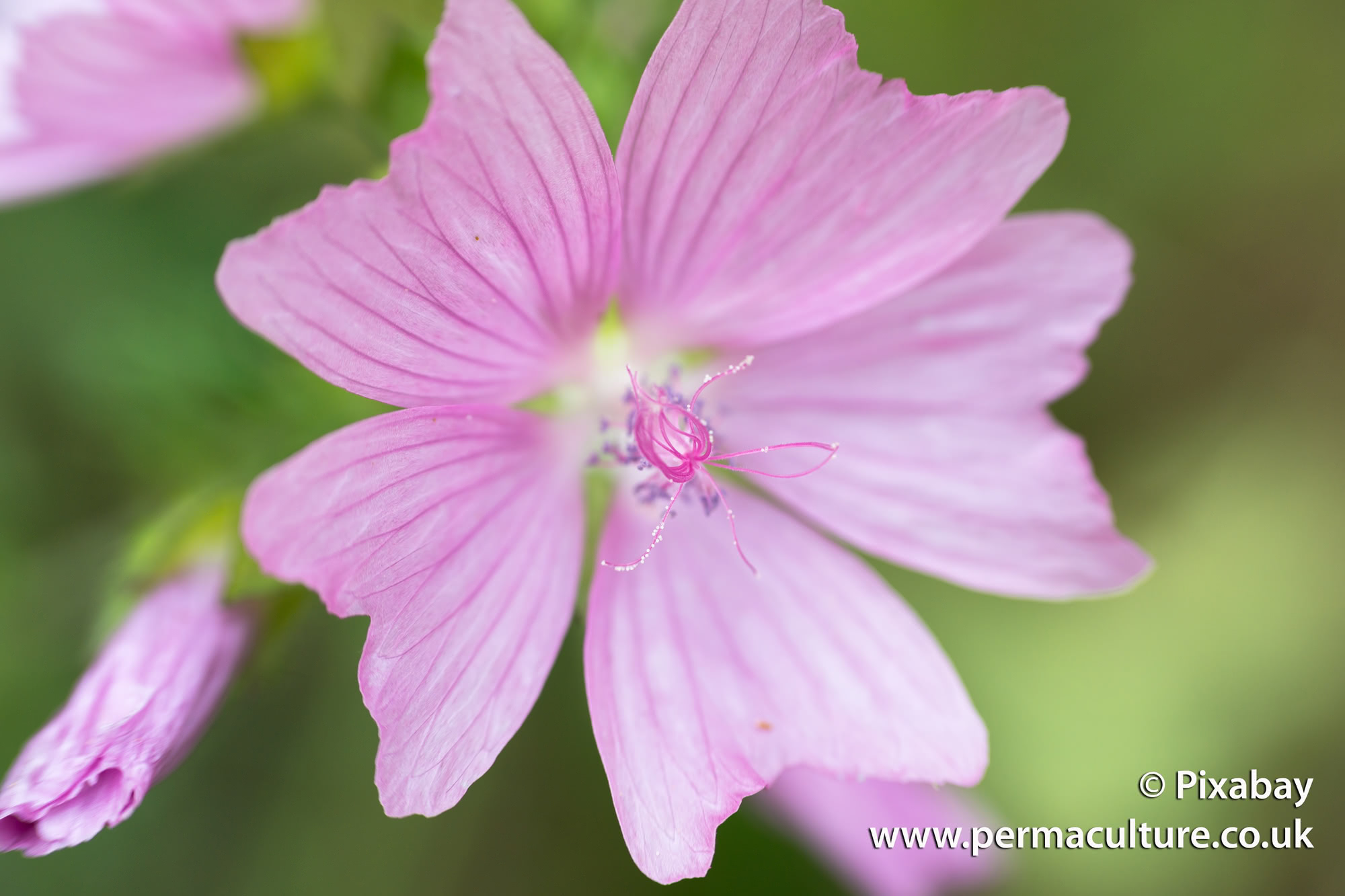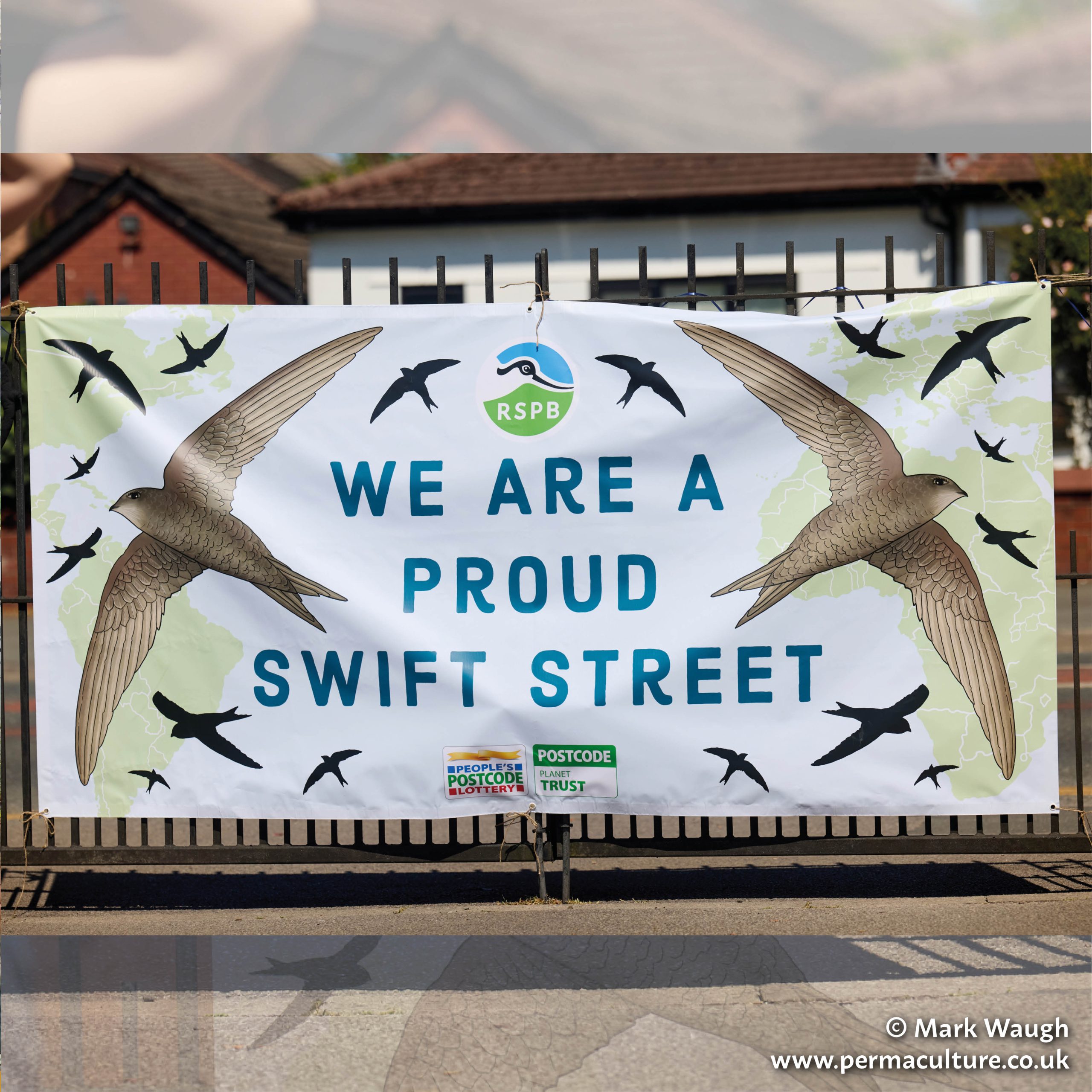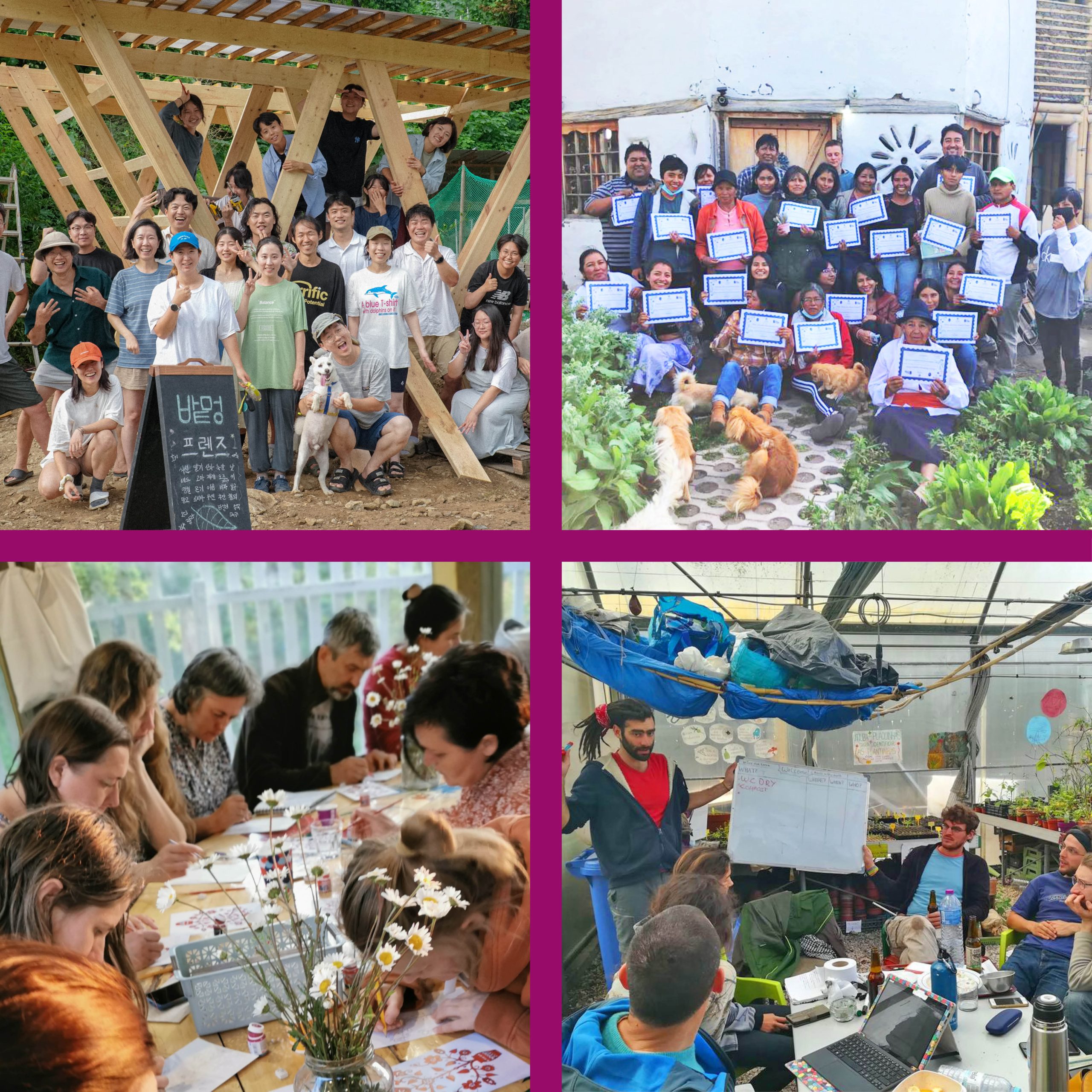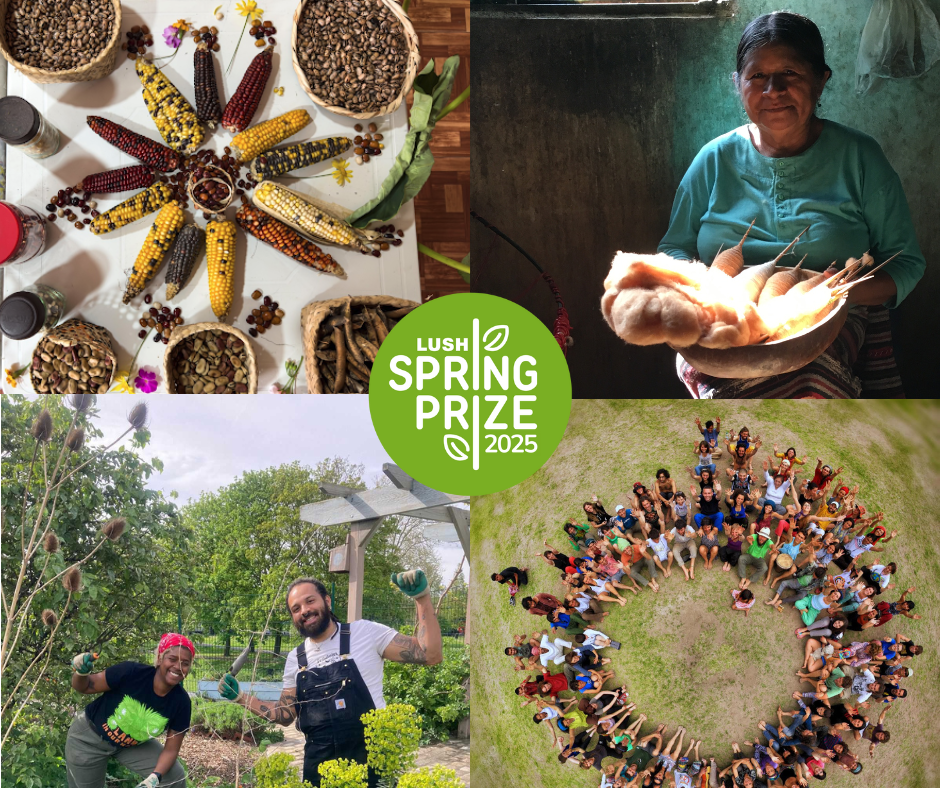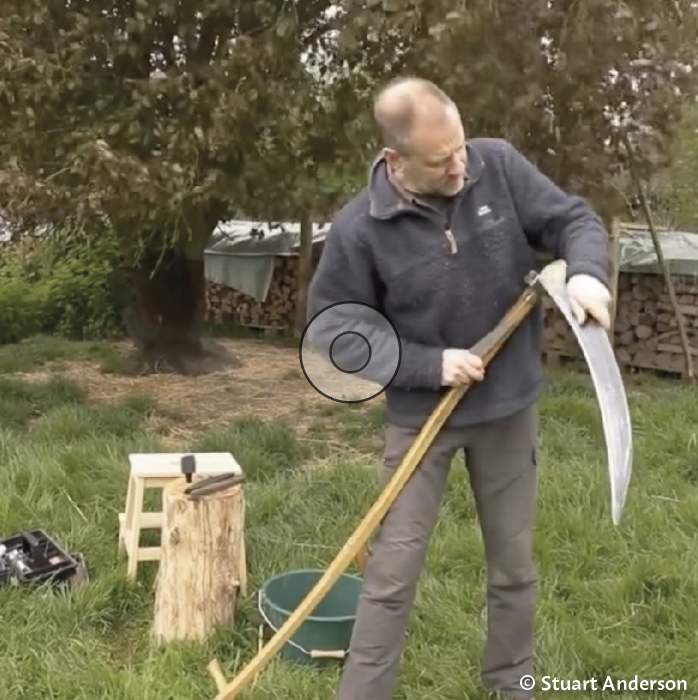58 projects from around the world have been shortlisted for the £250,000 Lush Spring Prize for environmental and social regeneration.
The 2025 Lush Spring Prize received well over 600 applications, almost double the amount of the 2023 prize cycle. These were whittled down to a shortlist of 58 individual applications during autumn 2024 (with some applications being shortlisted in multiple categories).
“Reading the shortlist is a fresh breath of inspiration, energy and life.”
Tomás de Lara, 2025 Lush Spring Prize Judge
The shortlist is diverse, covering multiple bioregions and demonstrating many different approaches to regenerative design and work. Over 30 countries are represented in the final shortlist with applications from every continent (except Antarctica) and some countries, such as Japan, Zambia and Myanmar, being represented on the shortlist for the first time. All shortlisted projects can be explored on the Spring Prize website: springprize.org
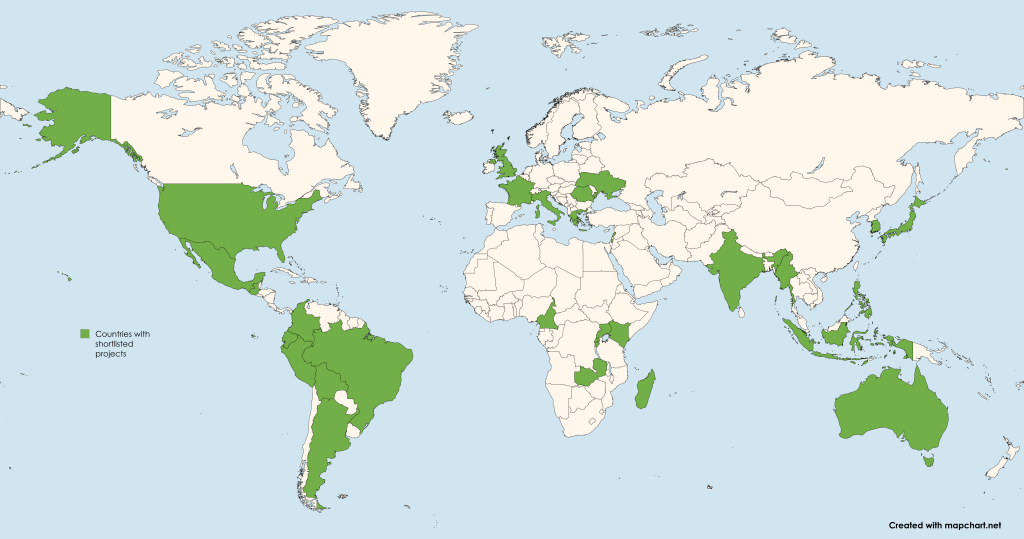
Many shortlisted projects operate from the grassroots, are community-led and in many cases, women-led. Despite many working on a relatively small scale, as a whole they respond to global challenges and their ripple effects e.g. the climate and wider ecological emergency, international conflicts and an exploitative and unstable global economy.
Applicants in Palestine, Lebanon and Ukraine are directly impacted and responding to extreme violence, occupation and invasion, and many others are impacted by internal conflicts within their countries or regions. The Russian war in Ukraine continues to have devastating impacts on the food security of communities across Africa, particularly those already experiencing displacement and climate impacts.
Indigenous groups living across the Amazon bioregion are on the frontlines defending rainforests from fossil fuel and other extractive industries, while many organisations across the world are using regenerative practices to build health and resilience in the face of the climate crises and the impacts that are already being felt.
Despite these huge challenges every project on the shortlist is demonstrating an alternative to climate disaster, to ecological breakdown, to conflict and to inequality. Together they offer a story of courage, hope, and holistic practical action. They highlight how the regenerative movement continues to cultivate long term future goals whilst also stepping up to meet urgent frontline needs.
The LUSH Spring Prize is a joint venture between LUSH Cosmetics and Ethical Consumer and is now in its sixth prize cycle, having started in 2017. The Spring Prize has distributed more than £1 million in unrestricted funding to regenerative projects worldwide.
The LUSH Spring Prize was set up to support ‘regenerative’ projects – those that go beyond sustainability by taking holistic approaches to building the health of ecology, economy and social systems. It seeks to support those who are leaving the world lusher than they found it, and are actively restoring all the systems they are part of.
By supporting regenerative projects the Spring Prize hopes to raise the profile of the movement as a whole to inspire more individuals, groups, communities, funders, media platforms and businesses to start engaging with regenerative processes.
During the fifth prize cycle, the Spring Prize team completed a Five Year Review to share key learnings and reflect on how the Spring Prize has progressed its original five aims and evolved in the process. As part of this, the global community of prize recipients were invited to share their reflections around the prize and what it has meant for their work.
The Lush Spring Prize team are delighted to continue forging partnerships with other funders to offer more awards through the Spring Prize. The following organisations are funding awards in the 2025 prize cycle:
This category is for great new ideas and projects up to 1 year old. This prize is for individuals, communities, aspiring businesses or newly formed groups and organisations to help establish a strong foundation from which to grow. There are at least four prizes in this category, with each being awarded up to £10,000 (one of which is funded by the Dixon Foundation).
Shortlist:
An example of an organisation shortlisted in the Intentional category is:
Auletta Casa Mia – Italy
The Auletta Casa Mia project was founded less than a year ago by young residents from marginalised areas in the province of Salerno, Southern Italy. This region has faced numerous cases of toxic waste trafficking (whereby hazardous waste is falsely said to be non-hazardous and is then dumped in the region) and related legal proceedings, and is currently under threat from speculative projects that aim to exploit its pristine lands with extractive gas operations.
In response to these threats, Auletta Casa Mia was established to protect common goods: soil, air, water and biodiversity through processes inspired by mutualism and active citizenship.
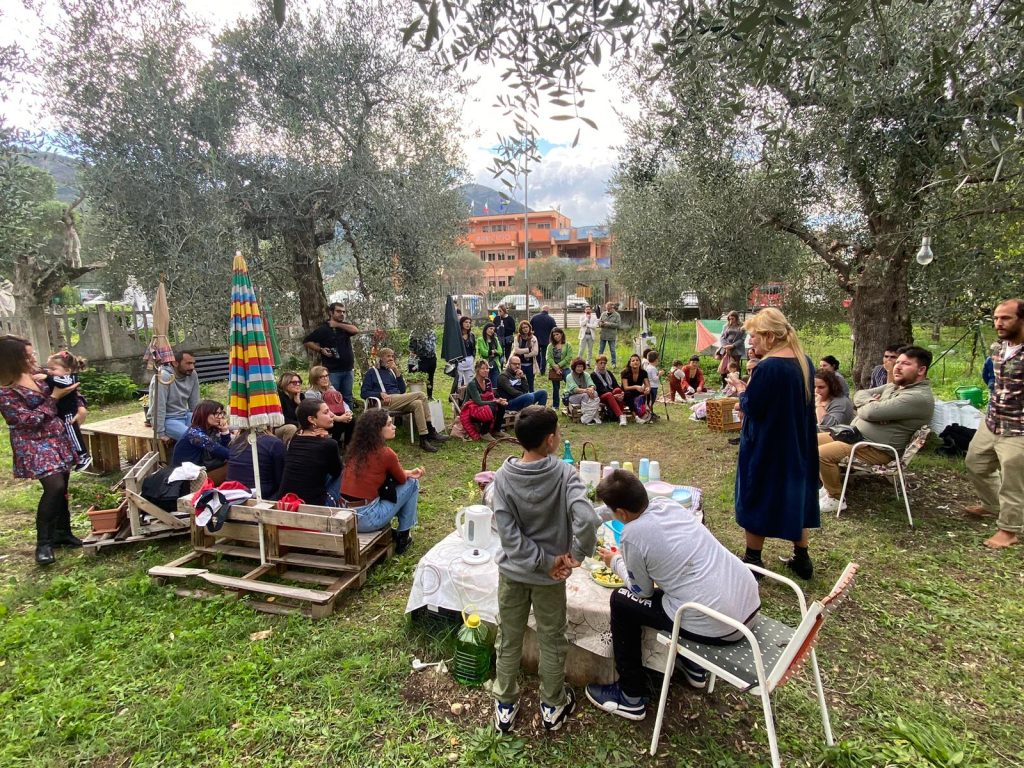
Education workshop – children in the nature: In the community garden created by Auletta Casa Mia, young children and their parents take part in a workshop on soil regeneration and permaculture.
This prize is for young (1-5 years old) community groups, organisations, networks and businesses that have a proven track record and which are seeking more funding to expand or develop their work in improving ecological and social systems. There are at least three prizes in this category, with each being awarded up to £20,000.
Shortlist:
An example of an organisation shortlisted in the Young category is: The Ecosystem Carbon Conservation – Colombia
The Ecosystem Carbon Conservation (TECC) is an innovative organisation dedicated to the restoration, conservation, and sustainable management of high-mountain peatlands and other strategic ecosystems in Colombia.
It works at the intersection of science, community engagement, and climate action to address pressing environmental challenges, such as climate change, water scarcity, and biodiversity loss.
This category is for established community groups, organisations, networks and businesses that have worked successfully for more than 5 years. It aims to spread awareness of their work and inspire more people to start their regenerative journeys.
There are at least two prizes in this category, with each being awarded up to £25,000.
Shortlist:
An example of an organisation shortlisted in the Established category is: Earth4Ever – India
Earth4Ever was established in 2019 to cultivate ecological health and empower marginalised farmers, with a focus on creating resilient farming models that prioritise soil health, water conservation, biodiversity, and nutrient-rich produce.
Its Vad Permaculture Demonstration Farm in Palghar, Maharashtra, India, serves as a hub for outreach and training programmes. It also partners with Indigenous women farmers and local NGOs to transition from chemical farming to regenerative, biodiverse systems.
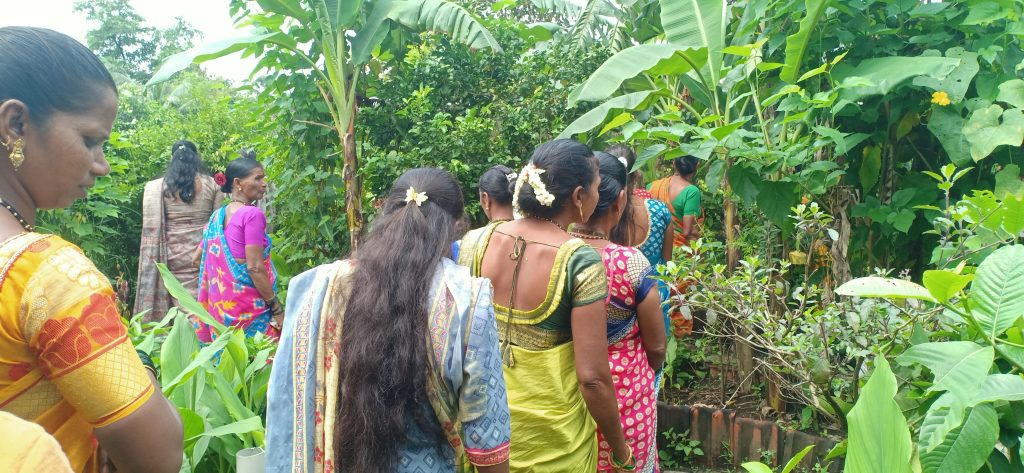
Marginal women farmers walk through a food forest at Vad Permaculture demonstration farm
Be The Earth Foundation, Savitri Trust and the Permaculture magazine have partnered with the 2025 Lush Spring Prize to add two collaborative prizes: Indigenous Knowledge and Wisdom Award for the third year running and the Permaculture Magazine Award. Both are separately funded and have their own judging panel.
Run in partnership with Be The Earth Foundation and the Savitri Trust, this award seeks to recognise and celebrate Indigenous knowledge and wisdom.
In a world shaped by (historic and current) oppressive colonial and patriarchal structures, this award honours the necessity and relevance of traditional and ecological knowledge, as well as ancestral and Indigenous nature-based practices.
Prize recipients share an amount of £30,000, provided by Be The Earth Foundation and The Savitri Trust.
Shortlist:
An example of an organisation shortlisted for the Indigenous Knowledge and Wisdom Award is: Uru Uru Team – Bolivia
The Uru Uru Team is an Indigenous women-led group from the Aymara community in Bolivia. They are dedicated to the restoration of ecosystems through a blend of traditional knowledge, community empowerment and scientific innovation. The Team was founded in 2021 to act as stewards of Lake Uru Uru, a vital water source that has faced significant ecological degradation due to pollution, climate change, and overexploitation of resources.
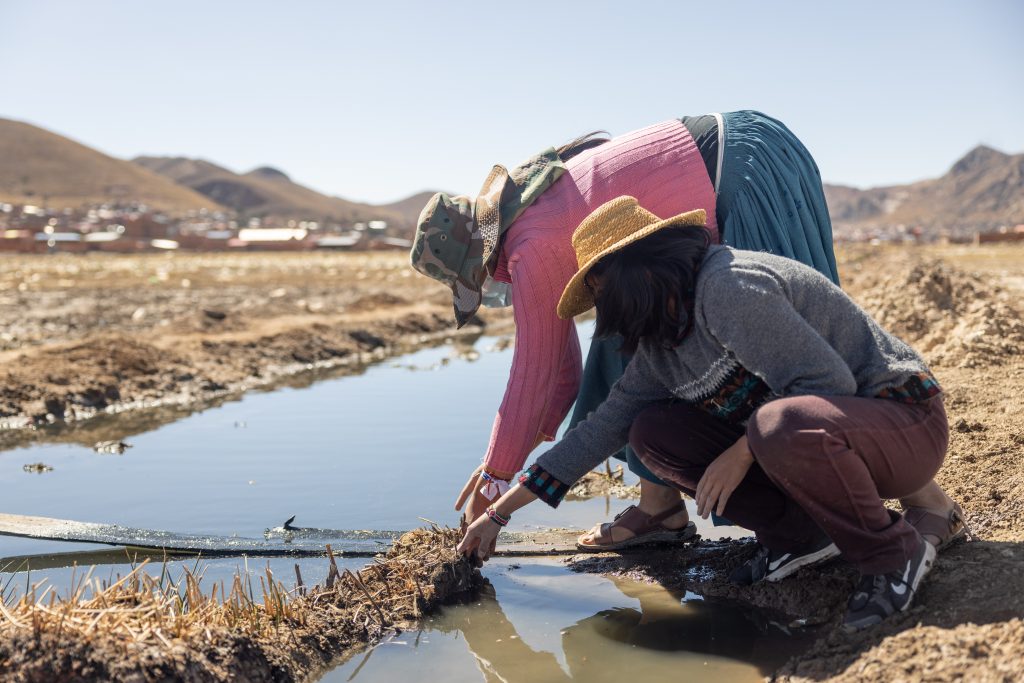
Dayana and Mijaela planting native aquatic plants called Totoras into the polluted waters of the Uru Uru Lake.
Run in collaboration with the Permaculture magazine, this award is for individuals, communities, businesses, groups and organisations that can demonstrate inspirational permaculture work over three years or more. Prize recipients will share an amount of £25,000.
It is looking for permaculture projects that are regenerating damaged land; enhancing habitat and biodiversity; helping people to gain practical and community skills; adding value to produce and developing local economies; building community, creating social glue and greater economic resilience; modelling new ways of cooperating and new cultural paradigms.
Shortlist:
An example of an organisation shortlisted in the Permaculture Magazine Award is: Habilin Farms – Philippines
Habilin Farms is a hub for both agro-education and community empowerment in the Philippines, offering workshops, training, and hands-on experiences in permaculture and sustainable living.
Founded by a small group of like-minded individuals, the farm started as a modest initiative to grow organic produce while practicing regenerative farming methods. Located in the rural landscapes of Tayabas, Quezon, the farm sits on fertile land surrounded by rich biodiversity and native flora, making it an ideal hub for permaculture. Over time, Habilin Farms evolved into a model of eco-tourism and community empowerment, offering immersive experiences like bamboo workshops, forest camping, and farm-to-table meals.
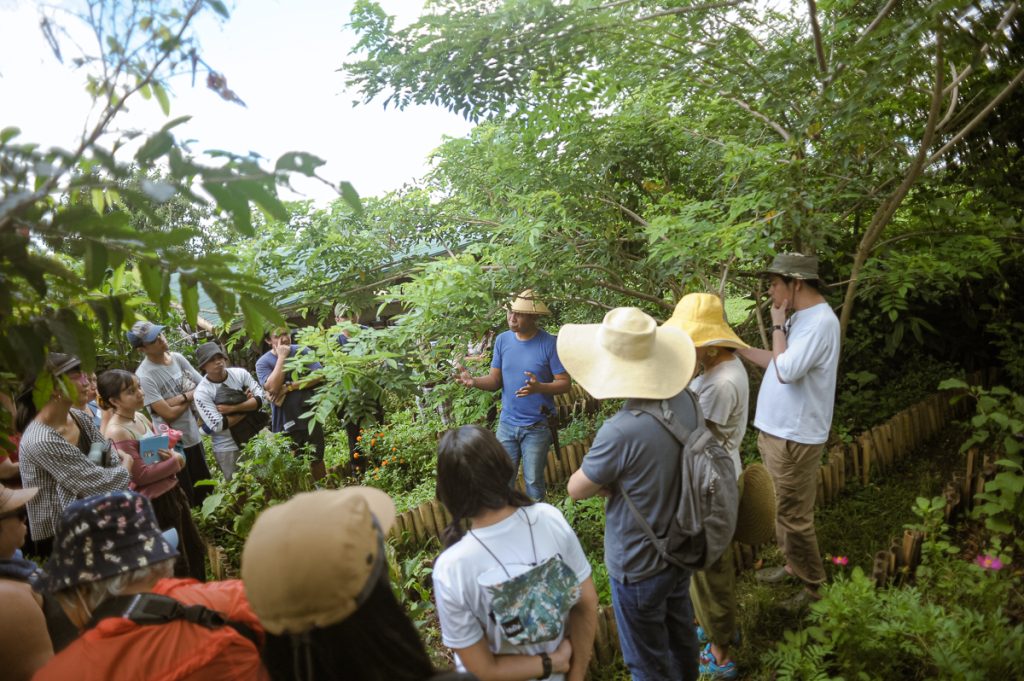
Habilin Farms Founder Ben Francia doing a Permaculture Farm Tour around Habilin Farms showcasing sustainable farming practices.
The Spring Prize judging panels are made up of people drawn from a diverse range of movements that represent regenerative design, permaculture, food sovereignty, transition towns, biomimicry, ecovillage networks and various social justice movements. The Indigenous Knowledge and Wisdom Award panel also has representation from Indigenous people, some of whom were previous recipients of the prize. Each prize cycle a ‘Lush Customer Judge’ and ‘Lush Staff Judge’ are also selected to act as additional independent members of the judging panel. You can read more about the judges here: Spring Prize Judging Panel.
A celebration and several skill sharing events will be held towards the end of May 2025. The event will be held in Dorset in the UK where Lush was founded and is still headquartered. These events seek to celebrate the work of prize recipients and shortlisted projects, whilst creating spaces for peer learning, where groups can share effective practice with one another and network in a safe and supportive space. 2025’s Spring Prize recipients will be publicly announced during this time, having been decided by a diverse panel of judges.
Alongside the peer-to-peer learning event and prize ceremony, shortlisted groups often continue their relationship with Lush, Ethical Consumer, media partners and fellow regenerative projects in other ways. For example, regenerative farming communities have sold surplus produce to Lush to use in their products; a regional event was held in East Africa to support further networking and skill sharing amongst projects, and some projects have written articles for Ethical Consumer Magazine. A couple of new collaborative projects have also emerged over the years: Regenerosity and Re-Alliance.
Regenerosity
Regenerosity is a partnership between the Lush Spring Prize and the Buckminster Fuller Institute’s (BFI) Fuller Challenge, and other partners. It’s driven by the inspiration of seeing the thousands of applicants from across the world doing the planet’s most important work of regeneration. Regenerosity welcomes all shortlisted Spring Prize applicants, with their consent, into a network that aims to source further funding and resourcing for them. Regenerosity connects regenerative projects to funders, and also flows funds through from generous donors. In doing so, it aims to move as much capital as possible over the next ten crucial years in support of the regenerative movement. For more information, visit www.regenerosity.world
Re-Alliance
Re-Alliance is a network of regenerative practitioners working in the humanitarian and development sectors. Re-Alliance asks the question, how can we create resilience and abundance, even in times of crisis? The organisation acts as a network convener for grassroots practitioners, and also has been contracted by several humanitarian agencies to host Permaculture and Regeneration capacity building programmes, and peer-to-peer learning sessions. For more information, visit www.re-alliance.org
